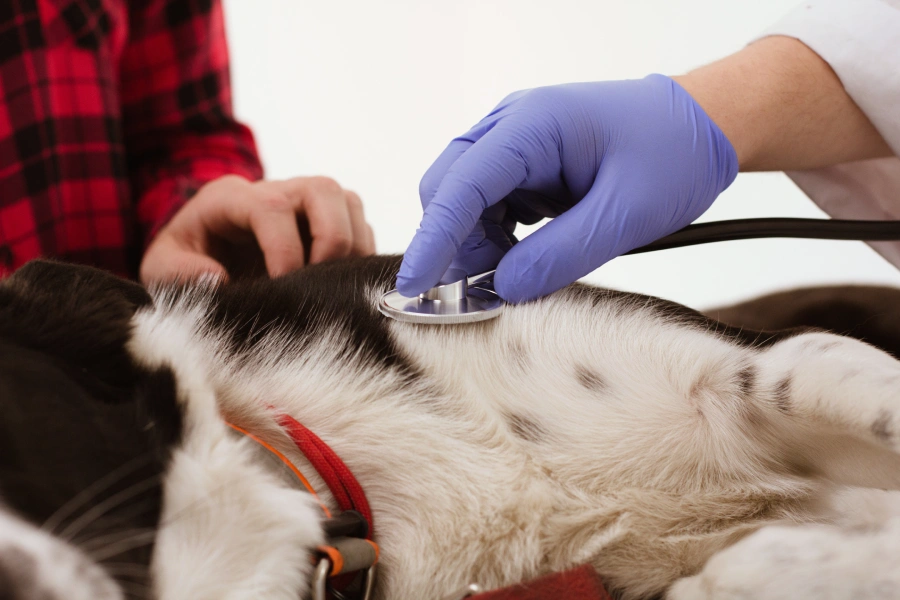
Tick Fever in Hong Kong is much more common that you might think. In the last year, I have seen cases on approximately a weekly basis. I’ve unfortunately even seen pets die from the disease or complication arising from it, although fortunately nowadays normally with the latest medications and with the availability of blood transfusions, this is more uncommon.
It’s possible to be very careful about tick prevention programs and medications, but to still get ticks and tick fever. We had one case at Homevet recently, of a dog who unfortunately washed her tick prevention off her coat, by swimming in the sea, so even though the prevention routine was thorough, she still got bitten, then sick. The disease can occur anywhere in HK but is more common in Sai Kung, Clearwater Bay, Southside, and the New Territories: anywhere where there is more grass and more ticks!
It’s essential to remember that tick collars should be removed when you bath your dog, otherwise you are ‘bathing’ all the useful tick-prevention chemicals out of the collar and so it won’t work. And medications like Frontline, you need to not bath them 2 days afterwards, to let the medication spread over the coat and bind to the skin. But what people often forget is you can’t bath them 2 days before the Frontline application either, as you need the greasy wax layer on the skin for Frontline to bind to, and if you have just had a bath, this has been washed off.
Dogs with Tick Fever usually develop into hemolytic anemia and illness with a fever, anorexia, depression, pale gums. The parasites (usually Babesia, or Ehrlichia)can cause red blood cell damage and destruction. They can also trigger immune system problems in the body and other complications like jaundice and pancreatitis. At the moment Babesia canis and Babesia gibsoni are the two main species infecting dogs in HK, but work is being done to see if there are other strains out there.
At Homevet we have access to rapid same-day PCR (DNA) testing if necessary, and have the latest medications on hand and can arrange speedy blood transfusions if necessary, at our Partner clinic. Blood typing usually needs to be done first to check the paatients canine blood group. Examples of treatments used worldwide are including Atovaquone and azithromycin, Diminazene (Berenil) injection, and Imidocarb (Immizol) injection.
While our understanding of Babesia is improving, diagnosis and treatment of Babesia infections remains challenging. The secret of keeping the dog free of Tick Fever is good tick control. Check your pets daily for ticks.






